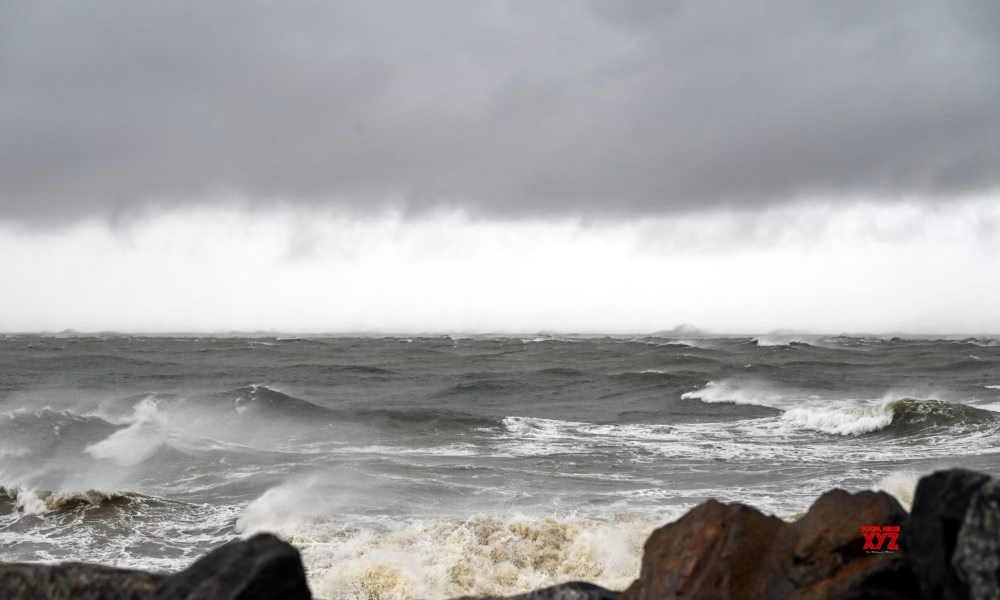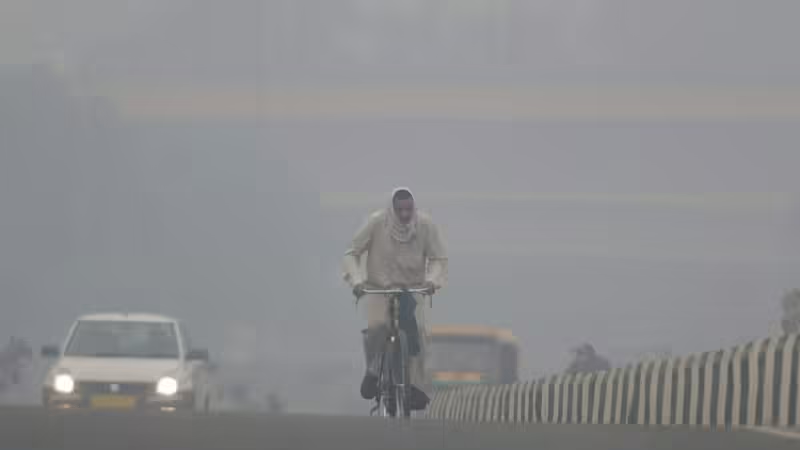
Chennai is currently facing an uneasy situation for its fishermen. The annual fishing ban, meant to protect marine life during breeding, officially ended on June 14. However, fishermen along the South Tamil Nadu coast are still unable to hit the waters. Why? The adverse weather conditions have left boats docked and fishers in distress.
The India Meteorological Department (IMD) has issued a severe warning of squally winds blowing at speeds of 45 to 55 kmph, with gusts reaching up to 65 kmph. This weather phenomenon is predicted to persist over the South Tamil Nadu coast, Gulf of Mannar, and the adjoining Comorin region for several days post the end of the ban.
In light of this, the Tamil Nadu Fisheries Department has made a difficult but necessary decision. They have temporarily halted the issuance of sailing tokens which are crucial for mechanised fishing vessels to operate. Without these tokens, fishermen have no choice but to remain ashore and watch their livelihoods drift away as the weather worsens.
This situation is particularly dire for local fishing communities who already endured a grueling 61-day fishing ban. The aim of the ban was marine conservation, but now, many are feeling the financial strain as they count the days they have been idle.
Antony John, a fisherman leader from Mattakadai, voiced a shared sentiment amongst his peers. He explained how they had been preparing to resume fishing activities only to have their plans dashed by unexpected weather. “We have already been idle for two months due to the fishing ban. Now, just when we were preparing to resume, the weather has turned hostile,” he said with a note of despair.
The consequences of this extended dock time are serious. Many fishermen have now found themselves in debt as they borrowed money for daily expenses and school fees for their children during the fishing ban. Antony’s concerns are echoed throughout the community; many of them depend on consistent fishing to keep their households running. “Unless we start fishing soon, we won’t be able to repay our loans,” he sadly remarked.
Safety remains the top priority for the fisheries department. A senior official stated that no vessel would be allowed to set sail until at least the conditions improve significantly. The IMD continues to forecast dangerous wind speeds which exceed safe operational limits. Until the environment stabilizes and allows for safe conditions, sailing tokens will remain on hold.
Interestingly, a recent survey revealed a mix of compliance among local vessels. There are 550 mechanised fishing vessels operating under the Tamil Nadu Marine Fishing Regulation Act of 1983. This fleet includes 35 bottom trawlers from Vembar, 250 bottom trawlers from Thoothukudi, and 265 gill netters. However, there were also 66 vessels flagged as unregistered due to various violations regarding their boat length and engine capacity.
But let’s not overlook the broader impact of these restrictions. The ongoing hiatus in fishing activities has led to a noticeable shortage of fresh fish in local markets. As a result, prices have surged, affecting consumers not just in the fishing community but across the coastal districts. Fish traders have warned that if boats do not resume operations soon, the shortfall will only worsen in the days ahead.
The fishermen and their families are trapped in a cycle of uncertainty and anxiety, hoping for a turn in the weather. Their livelihoods hang in the balance until they can once again cast their nets into the sea. The organisation and unity within these communities will play a critical role in navigating this precarious situation, but enduring this extended wait can feel insurmountable.
While operations are called off for now, the resolve of these fishermen remains strong. They are not just waiting for the weather to clear but are also advocating for their needs during this precarious time. As members of the community look to a future with hopeful eyes, they are also bracing for the challenges ahead, including possible market fluctuations and economic strain if their boats cannot sail again soon.
As we keep our fingers crossed for better weather, let’s remember the human stories behind the fish we consume. Each storm presents its challenges, but it is through resilience and community support that they will find a way through this stormy sea.













